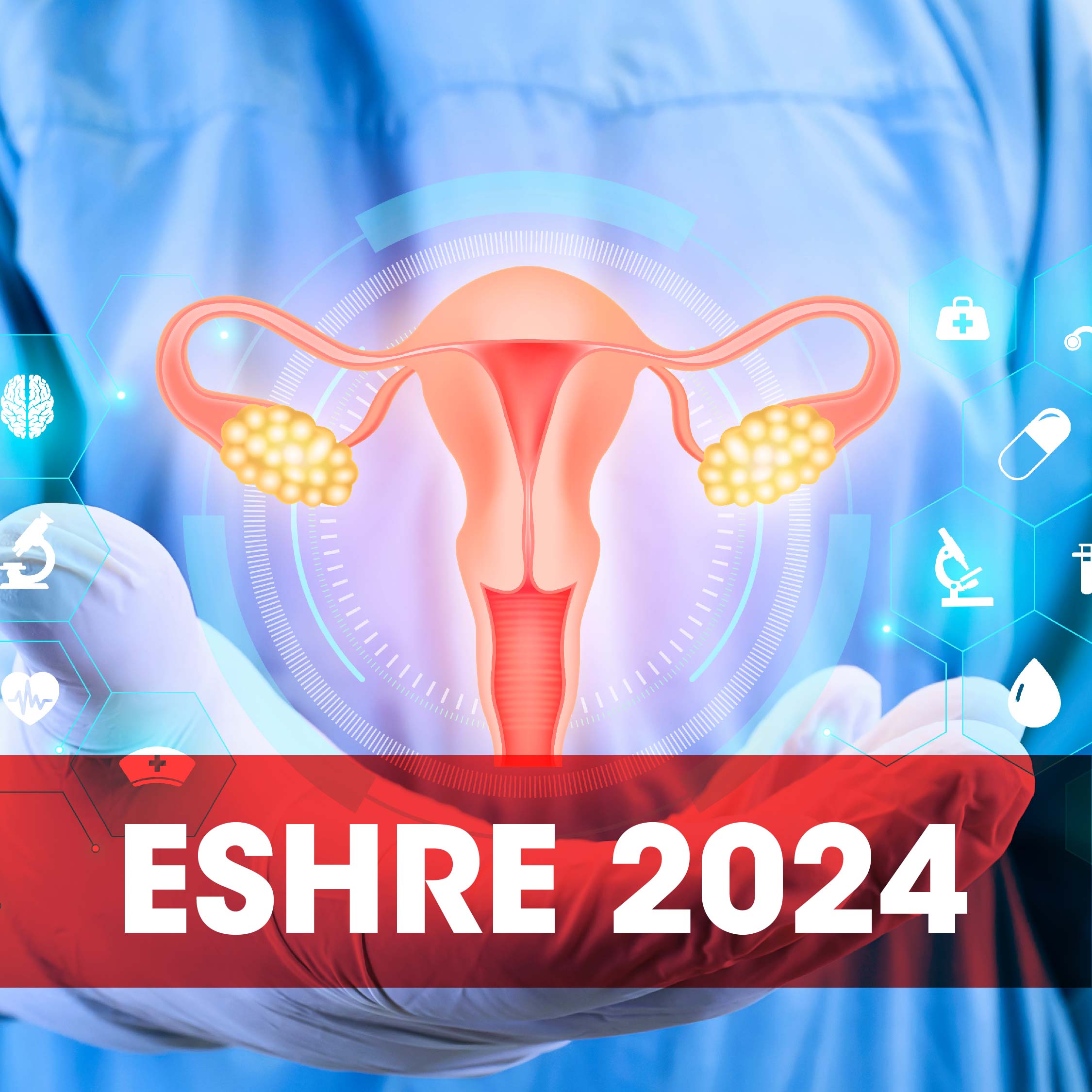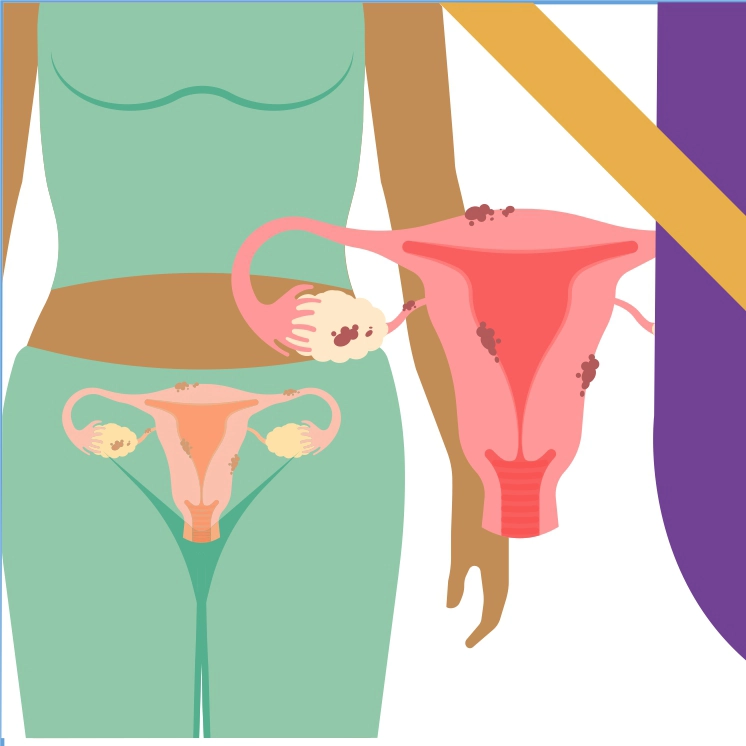Dysregulation of Endometrial Stromal Serotonin Homeostasis Decidualization Impairs in Patients with Recurrent Implantation Failure - Xiaoqiang Sheng
The incidence rate of recurrent implantation failure(RIF) is about 10-15%. Impaired endometrial receptivity is a key cause of RIF. Infertility causes psychological stress which leads to embryo implantation failure and vice versa, however, the underlying mechanism remains clear. The neurotransmitters like serotonin, adrenaline, etc affect the embryo implantation. The serotonin homeostasis is impaired in RIF. MAO regulates endometrial decidualization by regulating serotonin metabolism. Serotonin regulates endometrial decidualization by regulating the metabolism of phosphatidylcholine (PC). PC addition has a rescue effect on the impairment of decidualization of endometrial stromal cells induced by serotonin.
Endometrial Microbiome- Is Every Dysbiosis an Inflammation? - Emelia Moraweic
The aim of this research was the endometrial microbiome- In addition to other parameters of inflammation (CD138 presence, NK bright fraction presence)- can it be a complementary marker of ongoing local inflammation. The research conducted requires a broader analysis on a large group of patients. A trend was observed between abnormal microflora and inflammation expressed by CD138. NGS allows detection of non-breeding or difficult to breed species. NGS could be used as a complementary tool to the results of classical microbiological analysis. It seems interesting to extend the molecular study of the microbiome to the other elements- viruses, fungi, protozoa for a wider perspective.
Uterine Contractile Patterns in Adenomyosis Patients Normalize under Hormonal Contraception Use: The WAVES Study- Cynthia Kiaassen
Uterine peristalsis is the rhythmic, wave-like motion of the sub-endometrial layer of the uterus. Uterine contractility may be impaired in abnormal uteri. Therapeutic use of hormonal contraception reduces the symptoms experienced by women with adenomyosis. This could be explained by the normalization of contraction patterns. The WAVES study is an ongoing multicenter prospective observational cohort study with 23 patients with adenomyosis without hormonal contraception (HC) treatment, 15 adenomyosis patients undergoing HC treatment and 15 healthy controls undergoing HC treatment. The results showed that in adenomyosis patients with HC vs without HC, contraction coordination was 0.23 vs 0.29, contraction frequency was 1.53 vs 1.42, contraction amplitude was 0.56 vs 0.65 and contraction velocity was 0.6 vs 0.62 and in adenomyosis patients with HC vs healthy patients with HC, contraction coordination was 0.23 vs 0.27, contraction frequency was 1.53 vs 1.42, contraction amplitude was 0.56 vs 0.55 and contraction velocity was 0.6 vs 0.63 respectively. This study concludes that uterine contractility under therapeutic use of HC normalized in adenomyosis patients compared to untreated adenomyosis patients. The lack of differences in uterine contractility between HC treated adenomyosis patients and healthy controls using HC, confirms the therapeutic effect of HC on adenomyosis. This presents a new therapeutic efficacy marker.
39th annual meeting of European society of human reproduction and embryology (ESHRE), Copenhagen, 25-28 June, 2023

.svg?iar=0&updated=20230109065058&hash=B8F025B8AA9A24E727DBB30EAED272C8)

